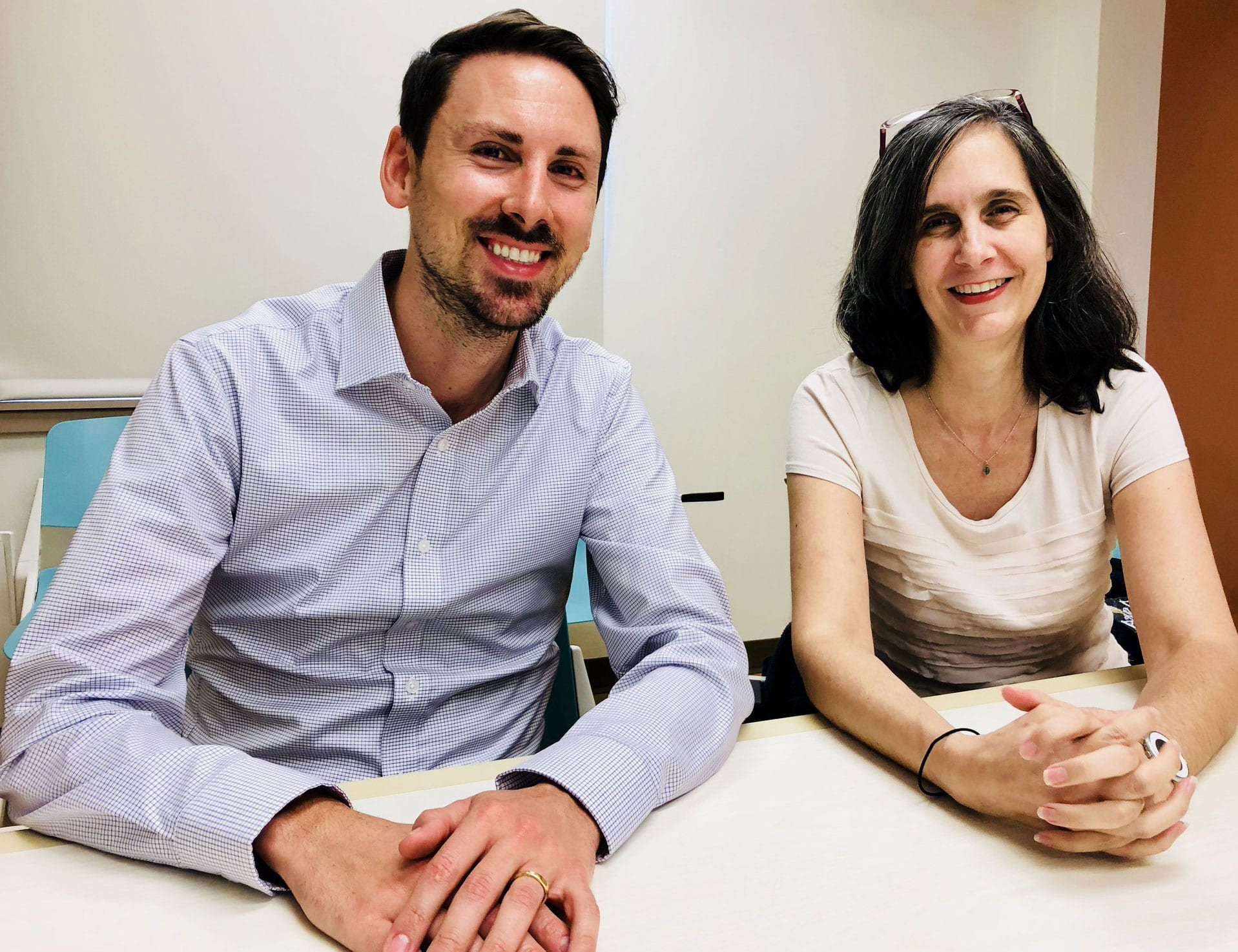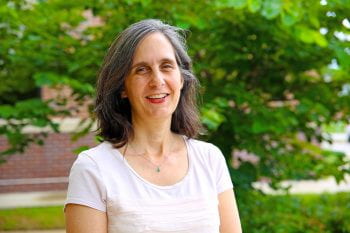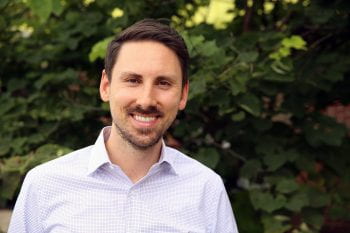
How many times have you heard people say, “I’m not good at math!”
It’s become such a common refrain that the statement usually draws laughs or nods of agreement. But why is it socially acceptable to say you’re bad at math but not to say that you’re bad at English or reading? Most people would likely be embarrassed to make that claim.
Does math’s bad rap come from the way it’s characterized? That it’s a domain only accessible to ‘smart’ people. Does its bad rap come from the view that it’s an inborn gift, rather than from hard work and perseverance?
The 2017 National Assessment of Education Progress (NAEP), America’s “report card,” finds that fewer than one third of public high school seniors are proficient in math. That’s why the Institute for School Partnership at Washington University in St. Louis has taken important steps to help reverse this trend and raise math standards by hiring two math instructional specialists; Denise Gregory and Jeff Kennedy. Their focus will be multipronged. They’ll work with the first cohort of teachers participating in the St. Louis Teacher Residency program. In addition, they’ll work with local schools developing learning communities and professional development opportunities.
ISP executive director Victoria L. May says the pair are great additions to the ISP’s team of educators.
“We’re excited to welcome Denise and Jeff to our team to begin a teacher professional development program that focuses on engaging students in meaningful learning and promotes the ability to make sense of mathematics ideas.”
May says the two positions were made possible by a generous donation seeking to enhance math education in the region.
“Strengthening math skills is key to student success in academics and 21st century jobs. There is clearly a disconnect between the skills and knowledge young adults need and the educational opportunities that many students, particularly those living in high-need communities are receiving. Many students decide early on they are not “good” at math. Research has shown that failing algebra, in particular, can place a student at risk for dropping out of high school. One of our greatest opportunities to close this gap is to reach students early and inspire them to build critical math skills.”
Math is my happy place
“We believe everybody can do math,” Denise Gregory says. “It’s about growth mindset not fixed mindset.”
Gregory comes to the ISP from Hot Springs, Arkansas, where she taught at the Arkansas School for Mathematics, Sciences and the Arts – a public, residential high school for academically advanced juniors and seniors. Also, Gregory worked as a computer science specialist for the state of Arkansas, mentoring teachers and developing computer science curriculum. Her resume includes teaching positions in Texas, as well as with the Teachers Teaching with Technology (T³) organization there. She spent many years as a math instructor at the University of Tennessee.
“I am not telling you how long I have been teaching,” she says with a laugh. “There are certain math problems you don’t do.”
Gregory grows animated and excited as she talks about math.
“For me personally, math is an art form. I find it beautiful. I enjoy solving equations. I get goosebumps when things work. It’s my happy place.”
Looking ahead to this academic year, Gregory is excited about working with people who are excited about learning, teaching and improving teaching.
I dream big
It’s been a bit of a homecoming for Jeff Kennedy. Originally from New Jersey, he earned his bachelor’s degree from WashU, and even taught for two years in Saint Louis Public School District. In addition, his husband is from the St. Louis area and they were eyeing a move back.
“It was serendipitous that this job was open at the right time,” he says.
Kennedy comes to the ISP from New York City, where he spent two years as a math specialist at an independent school, and before that, three years at a charter school where he oversaw the development of the middle school math curriculum.
At WashU, Kennedy studied biology and business but was exposed to teaching as a tutor to high school and college students.
“I always thought of the teaching profession as the volunteer side of my life, and not the professional,” he says. “It wasn’t until after graduation that I gave it a real shot. I started substitute teaching and I fell in love with teaching math.”
Kennedy wants to share that love of math with others – to change teachers’ mindset and instruction around math so they think of themselves as math learners and improve students’ attitudes and test scores.
“I think it’s about making math instruction as inquiry driven as science instruction already is,” he says, using the ISP’s mySci science curriculum program as an example. “It’s coming from this idea that math is this performance-based subject where it all comes down to how correct and how quick you can be, where math is actually patterns, making connections and problem solving.
Looking ahead, Kennedy is excited to get to know the math educational landscape in St. Louis, and translate his experiences “to a community that I am already invested in.”
“I dream big,” Kennedy says.
He’s hopeful that his work will make a big impact on how math is taught in the city and become a national model.
“That potential exists, and that potential exists in this starting point,” he says.
August 2018 | by, Myra Lopez

